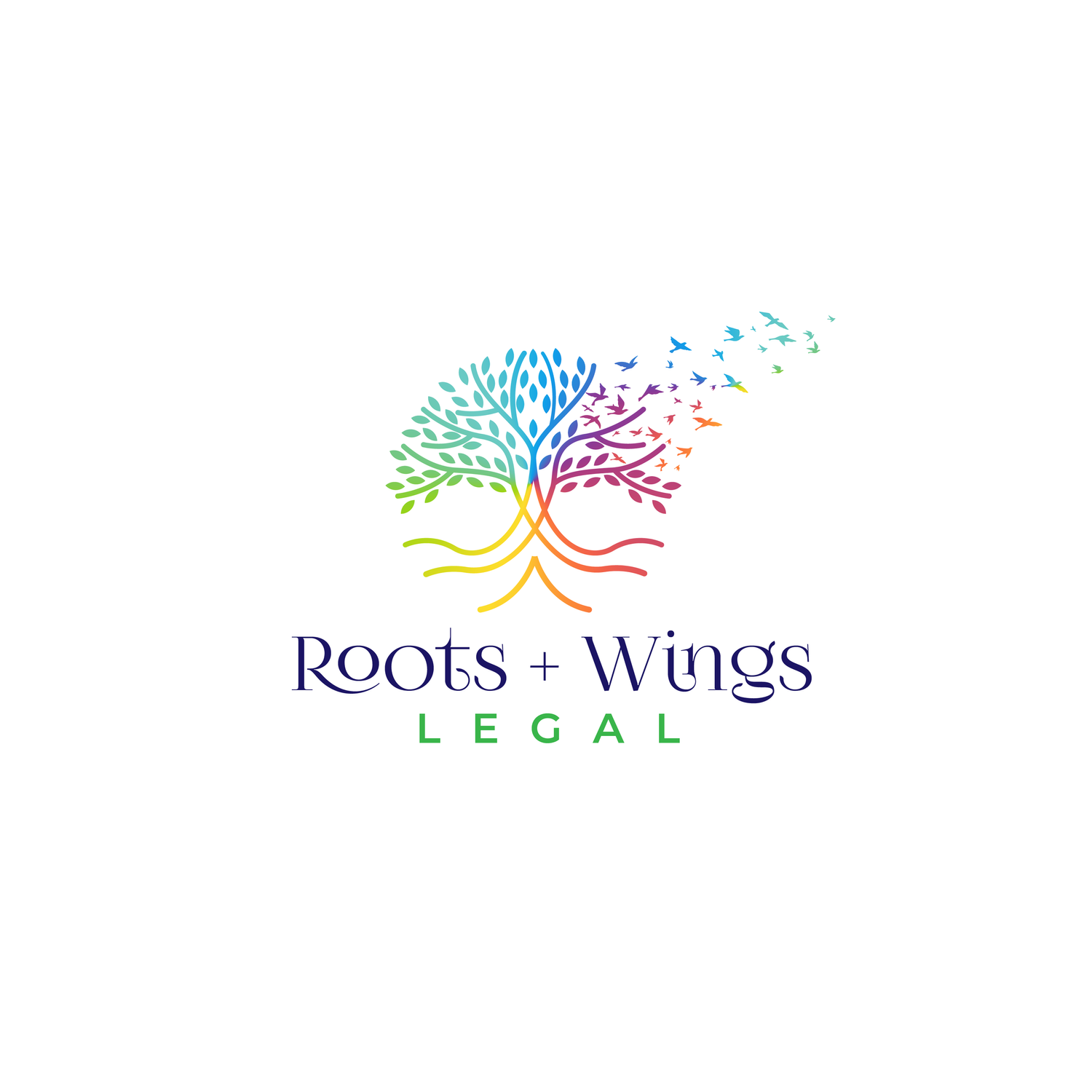Navigating Legal Changes at 18: A Parent’s Guide
Beyond the trials of puberty and the whirlwind of high school, a significant milestone approaches: the 18th birthday. This marks your child’s leap into adulthood, bringing forth both new responsibilities and rights. From a legal perspective, this transition triggers substantial changes that demand parental awareness.
At 18, your child is recognized as a legal adult, unlocking rights like contract agreements, voting, property ownership, and autonomous medical decision-making. While this newfound independence is a pivotal aspect of maturation, it also presents challenges for parents, particularly when their assistance or decision-making role is still crucial.
In this blog post, we delve into the legal implications of your child turning 18. We explore what this milestone means for your ability to make legal, financial, and healthcare decisions on their behalf, offering insights and tools for a seamless transition into adulthood.
Parental Role Shift at 18: Navigating Legal Changes
The day your child turns 18 brings a swift transformation in your ability to make crucial decisions for them—legally, financially, and in healthcare matters. This shift holds significant implications. For instance, in the event of a medical emergency where your now 18-year-old cannot convey their wishes, healthcare providers are legally barred from sharing medical information with you.
Similarly, financial institutions restrict access to your child's accounts or financial decision-making without their explicit consent or co-ownership. This change can be particularly daunting for parents whose children remain financially dependent, face a medical crisis, or need assistance due to a disability.
Fortunately, legal tools exist to aid parents and young adults in navigating these newfound challenges.
Empower Your Child with Powers of Attorney
Safeguard your child's future with Powers of Attorney, essential legal tools granting them control over decision-makers in legal and healthcare matters. Two significant types are the General Durable Power of Attorney and the Power of Attorney for Healthcare.
The General Durable Power of Attorney lets your child designate someone to handle their financial affairs, ensuring assistance even post-18. Note that not all financial institutions automatically accept Powers of Attorney, so it's crucial to verify and potentially adjust account setups for immediate access.
The Power of Attorney for Healthcare entrusts someone with authority over medical decisions, covering treatment options, nutrition, and life-support choices. This ensures your child's preferences are honored even in times of communication incapacity.
While only your child can implement these measures, encouraging them to create these legal documents is a proactive step, securing your ability to assist when they need it most. Connect with us to explore the best options for your family.
Empower Yourself with a HIPAA Waiver
The Health Insurance Portability and Accountability Act (HIPAA) safeguards medical privacy, restricting healthcare providers from disclosing patient information without explicit consent. When your child turns 18, their medical details fall under HIPAA protection, limiting access for parents and family.
To retain access, your child can complete a HIPAA waiver. This document authorizes healthcare providers to share medical information with specified individuals, including parents or trusted family members. A HIPAA waiver proves invaluable during emergencies, ensuring swift access to medical records. It also serves as a helpful tool for young adults, granting parents the ability to communicate with doctors during busy or overwhelming times at work or college.
Empower Your Child's Journey to Adulthood with Open Communication
As your child steps into adulthood, legal tools like Powers of Attorney and a HIPAA Waiver are crucial. Yet, equally vital is fostering open dialogue about their wishes and the responsibilities tied to adulthood.
Engage in conversations covering healthcare preferences, financial decisions, and parental expectations. Encourage them to create these legal documents, offering peace of mind for both you and their own protection.
Feel free to connect with our firm anytime. If you have a teen approaching adulthood, don't hesitate—reach out promptly for the legal support your child deserves. Unsure how to broach the topic? We're here to guide you in initiating a conversation rooted in love, compassion, and collaboration.
Schedule a complimentary call today to get started, and when you do ask about our special offer of free legal documents for your young adult, when you schedule your own Life & Legacy Planning Session with us
https://zcal.co/rootsandwingslegal/preflight
This article is a service of Roots + Wings Legal, a Personal Family Lawyer® Firm. We don’t just draft documents; we ensure you make informed and empowered decisions about life and death, for yourself and the people you love. That's why we offer a Family Wealth Planning Session™, during which you will get more financially organized than you’ve ever been before and make all the best choices for the people you love. You can begin by calling our office today to schedule a Family Wealth Planning Session.
The content is sourced from Personal Family Lawyer® for use by Personal Family Lawyer® firms, a source believed to be providing accurate information. This material was created for educational and informational purposes only and is not intended as ERISA, tax, legal, or investment advice. If you are seeking legal advice specific to your needs, such advice services must be obtained on your own separate from this educational material.




